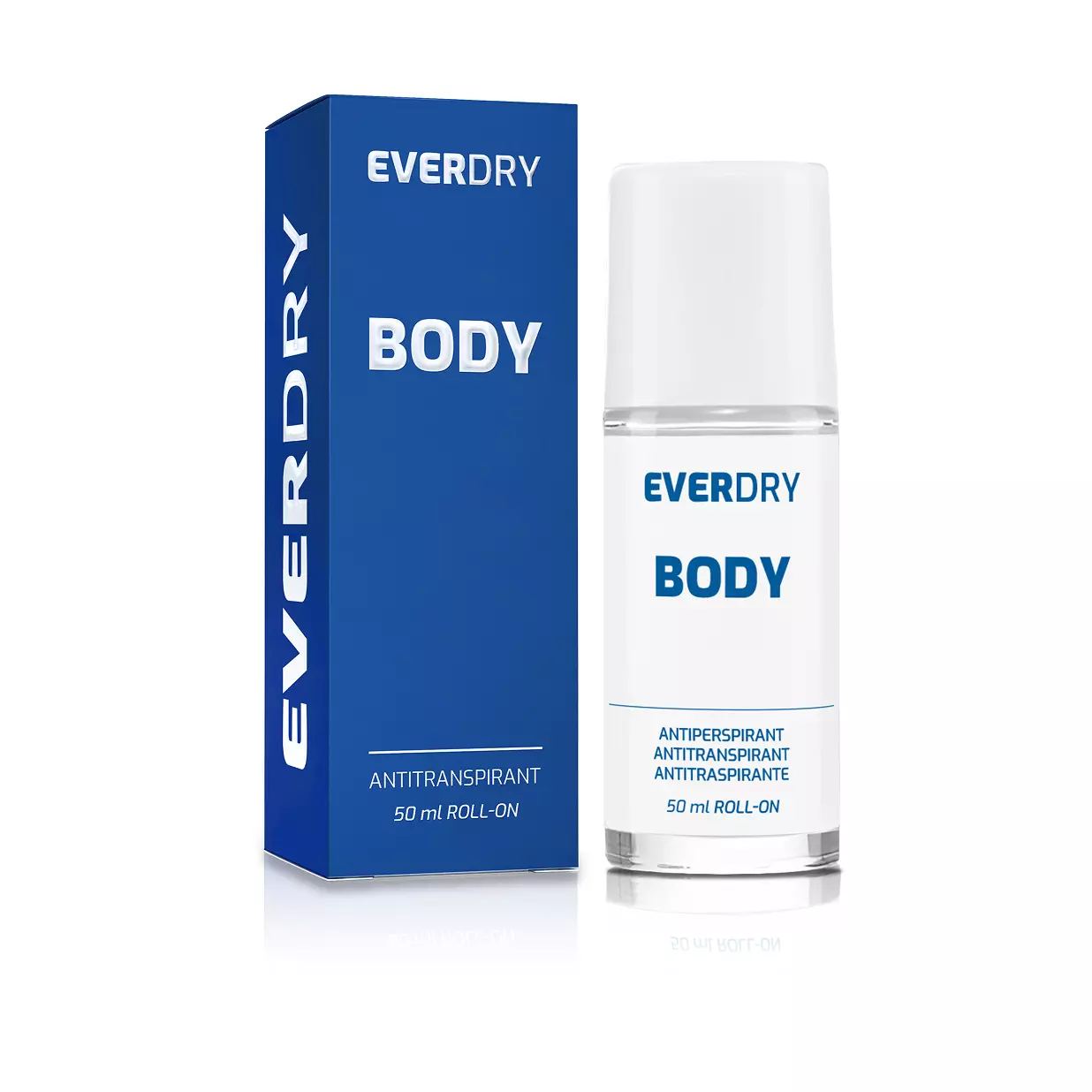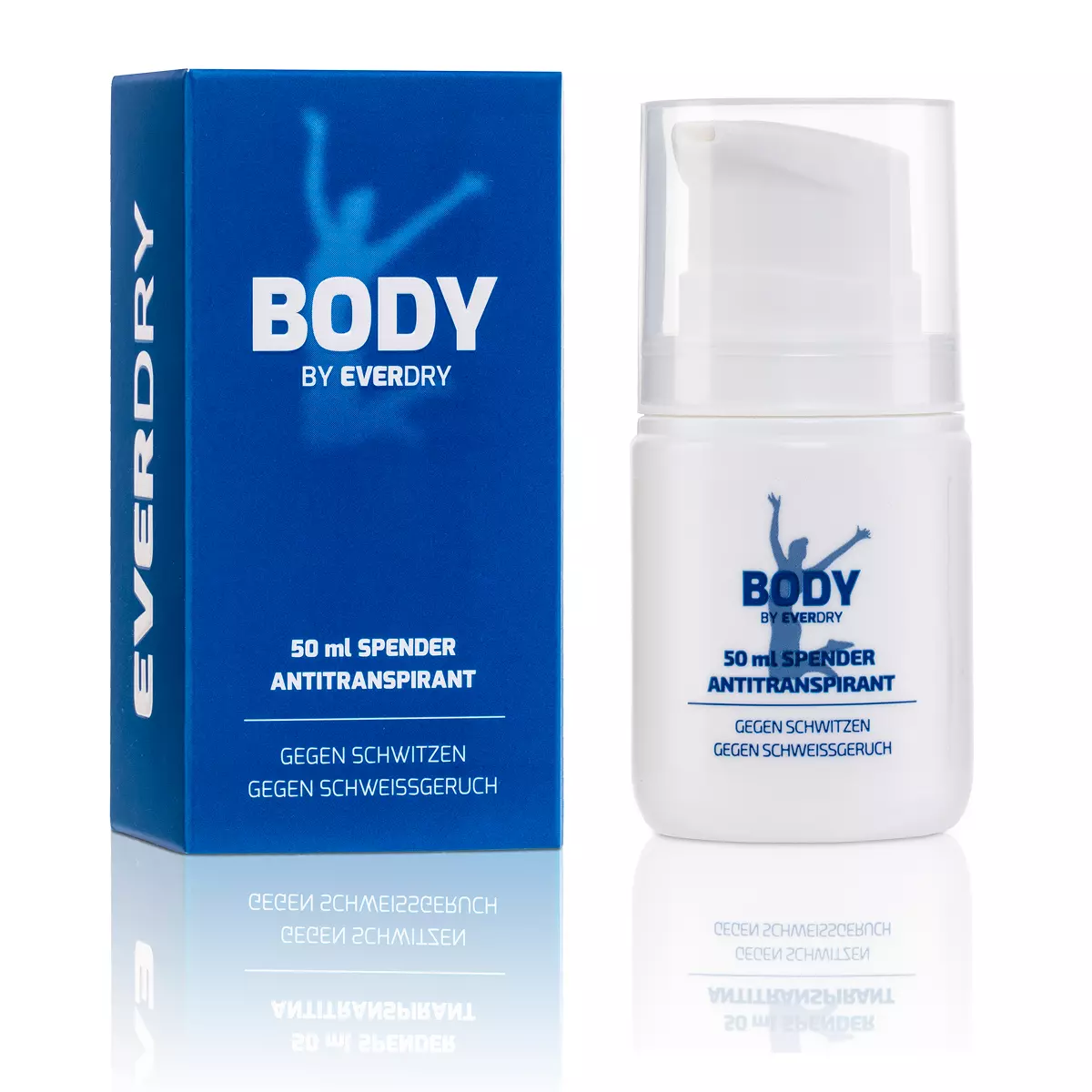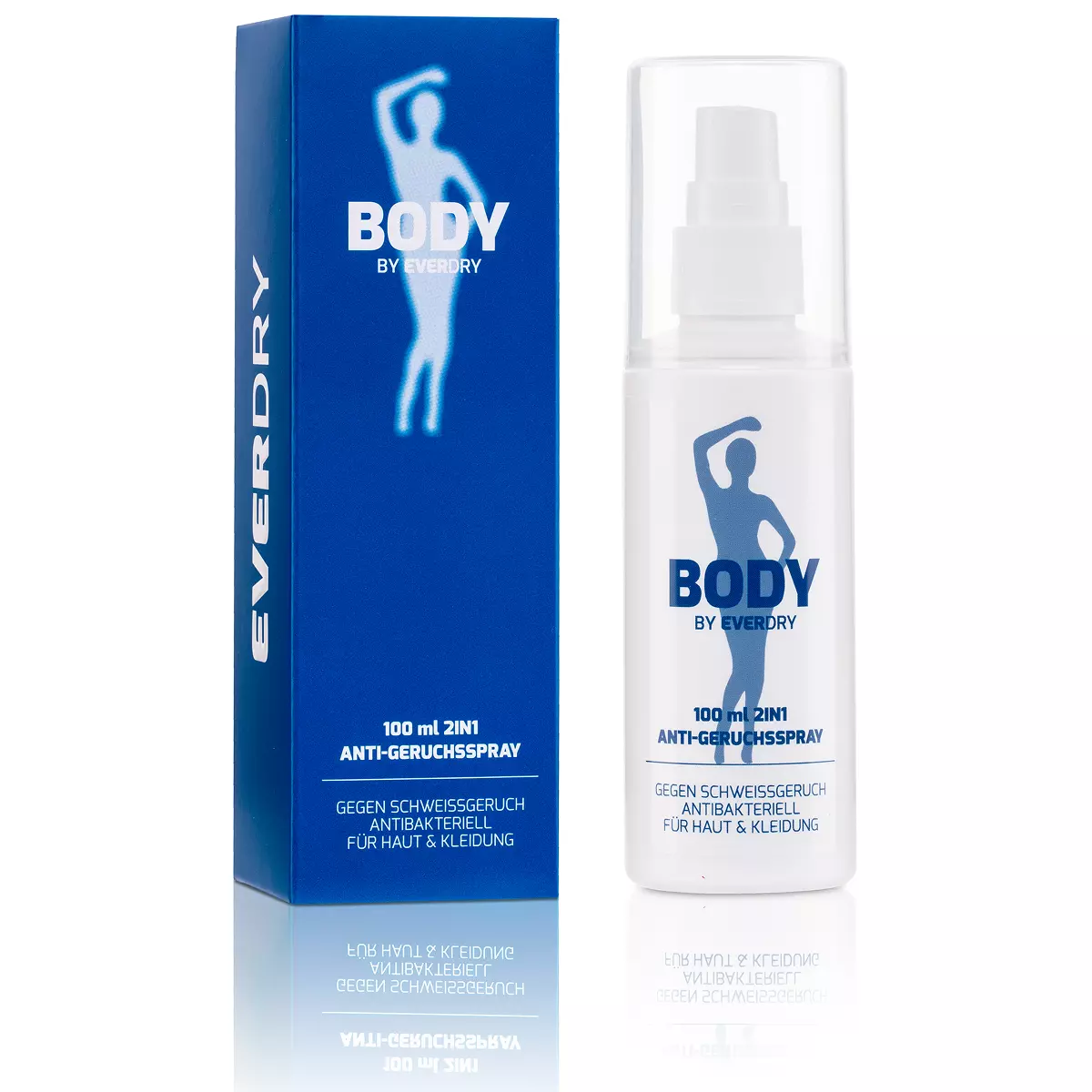Quick and to the Point: Key Takeaways
How to Avoid Skin Irritation Caused by Sweating
Sweating can lead to skin irritation. Reasons for this include friction, bacteria, and a disrupted skin barrier. Areas where sweat gets trapped are particularly prone. To prevent skin irritation, it's a good idea to wear breathable clothing, have regular showers, and use gentle, skin-friendly products.
Sweating is perfectly normal and an important bodily process. However, people sometimes experience different reactions, where sweat can irritate the skin. Delicate facial skin, in particular, is often plagued by skin irritation due to sweat. This is because a lot of sweat can lead to skin irritation, resulting in unpleasant consequences such as dryness, pimples, and an unclean complexion. It's also possible to experience itching and skin redness, which is often mistaken for an allergy but is simply a reaction to the skin's own sweat film.
What is Sweat & Why Do We Sweat?
Sweat is the natural excretion of the sweat glands and is 99% water with additions of salts and metabolic waste products. Sweating primarily contributes to the body's temperature regulation and provides natural moisturising factors. It is therefore a very normal and important bodily process.
Primarily, sweating protects our body from overheating. But sweating also means more: sweat, together with sebum, forms the skin's acid mantle (= hydrolipid film). This makes the skin supple and protects it from external influences.
What is Skin Irritation?
Skin irritations manifest as reddened, itchy, or burning skin. As a natural barrier, the skin protects the body from various external mechanical influences, such as pressure or friction.
In cases of strong external stress, this barrier can be damaged. One consequence of this is skin irritation such as redness, inflammation, or eczema.
Our skin has a natural barrier to protect the body against various external influences. This consists of both horn cells and a thin film of fat on the skin. The fat film has, among other things, a protective function against pressure and friction.
Due to its thin structure, the protective film cannot withstand these influences for long under heavy stress, such as constant rubbing, excessive sweating, or irritating urine. This damages the skin's natural protective barrier. The affected skin areas become red, burn, and become inflamed with further stress.
What Can Cause Skin Irritation?
The causes of skin irritation vary. For example, sore spots in athletes can be caused by friction from tight clothing on the skin and trapped sweat.
In overweight people, skin irritation is caused, for example, by skin-on-skin friction or by trapped sweat in skin folds.
In cases of urinary and faecal incontinence, the skin is stressed by irritating urine or faeces. Babies, on the other hand, are sensitive in the entire nappy area.
Skin irritation from sweat can be worsened by various factors. These include heat rash, physical exercise, increased sweating, wearing synthetic fibres and tight clothing, and changing skin and body care products.
Skin Irritation Due to Sweat - Where & Why It Occurs
Skin irritation due to sweat occurs wherever skin rubs against skin, for example, in the armpits, the backs of the knees, between the legs, the groin, and between and under the breasts.
Skin irritation from sweat can also occur when clothing rubs against areas where sweat collects, for example, when a sleeveless top rubs in the armpits.
Why Can Sweating Cause Skin Irritation?
Skin irritation due to sweat can have various causes depending on the skin type.
Natural fungi and bacteria are present on the skin, primarily protecting it. At the same time, however, these can also lead to skin irritation if the skin's natural balance is disrupted. This can happen if sweat does not evaporate completely, creating an optimal breeding ground for these culprits. Sweat also opens the pores, making it easy for bacteria, fungi, or dirt to penetrate the skin and irritate it.
The salts contained in sweat can also lead to problems, especially in people with dry skin. The reason for this is that these salts dry out the skin even further. As a result of sweating, a burning, itchy, or pulling sensation of the skin often occurs. The following day, red patches that appear slightly flaky can be seen. This is not an allergy but a further drying out of already very dry skin.
People with combination or oily skin are particularly affected by the consequences of sweat on the skin. Combination skin tends to become oily, especially in the forehead and nose area, and quickly shows an unclean complexion.
In affected individuals, sweat on the face has a different effect than in people with dry skin. Sweat causes the pores to clog, and dirt, sweat, and sebum accumulate in the pores. The result is an unclean complexion characterised by pimples and blackheads.
What Can You Do About Excessive Sweating?
Sweating is very important for natural cooling, thereby protecting the body from overheating.
But even though sweating is a natural process, increased sweating is usually perceived as very bothersome by those affected. Sweat stains, body odour, sweaty hands, and sweaty feet, in particular, can lead to unpleasant and embarrassing situations.
What Can I Do About Skin Irritation Despite Sweating?
A few simple changes to your daily routine can help reduce skin irritation from sweat:
- Sweat is acidic and thus promotes itching and skin irritation. Therefore, you should reduce excessive sweating by using antiperspirants. With regular use, the active ingredient narrows the sweat pores and effectively helps to prevent excessive sweating and thus the formation of skin irritation.
- Think about your skincare! For cleansing and skincare, use primarily pH-neutral and skin-soothing care products.
- Cleansing and caring for sweaty skin is also important. Use skincare products that have been specially developed for sweaty skin.
- If a skincare product leads to skin rash or irritation, stop using it immediately.
- Do not use alcoholic compresses, as alcohol dries out the skin. And also no compresses with, for example, tea tree oil. The aromatic oils contain tiny ingredients that can easily penetrate the skin and cause irritation here. Alternatively, compresses with black tea can be used.
- The skin is not called the mirror of the soul for nothing. Deal with stress more calmly; agitation makes you "thin-skinned" and leads to scratching irritation.
- Wash yourself with cold or at most lukewarm water. The colder the water, the more the vessels constrict and the less itching can occur.
- Pat your skin dry after showering and avoid vigorous "rubbing".
- Try not to scratch itchy and irritated areas. However, we know that itching is often stronger than our self-discipline. But every counter-irritant (cold flannel, pressing) helps to override the itching and distract from scratching.
- Wear loose, breathable functional clothing made of materials that absorb sweat and keep it away from the skin in everyday life and during sports.
- Drinking enough fluids is very important, especially in hot weather and if your skin is easily irritated. Fluid gives vitality and also ensures that waste products are sufficiently dissolved and not excreted in a too concentrated form.
- Hot and heavily spiced food and drinks and larger amounts of alcohol should be avoided. These lead to vasodilation, so that itch-inducing substances have an easy time penetrating the skin.
First published: 12.05.2011
Updated: 27.05.2025

Content: 0.05 Liter (€398.00 / 1 Liter)

Content: 0.05 Liter (€398.00 / 1 Liter)



